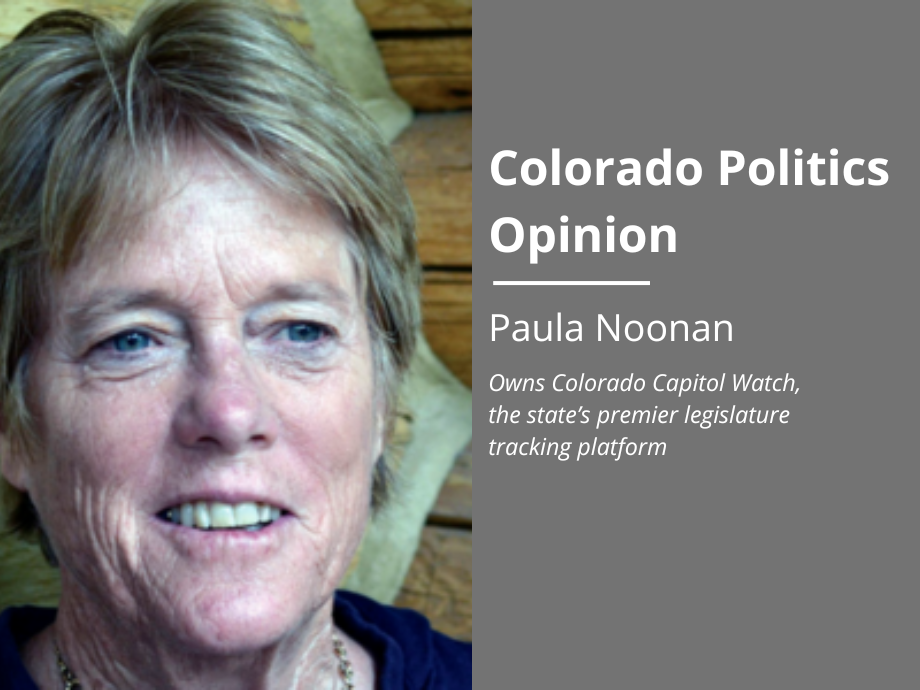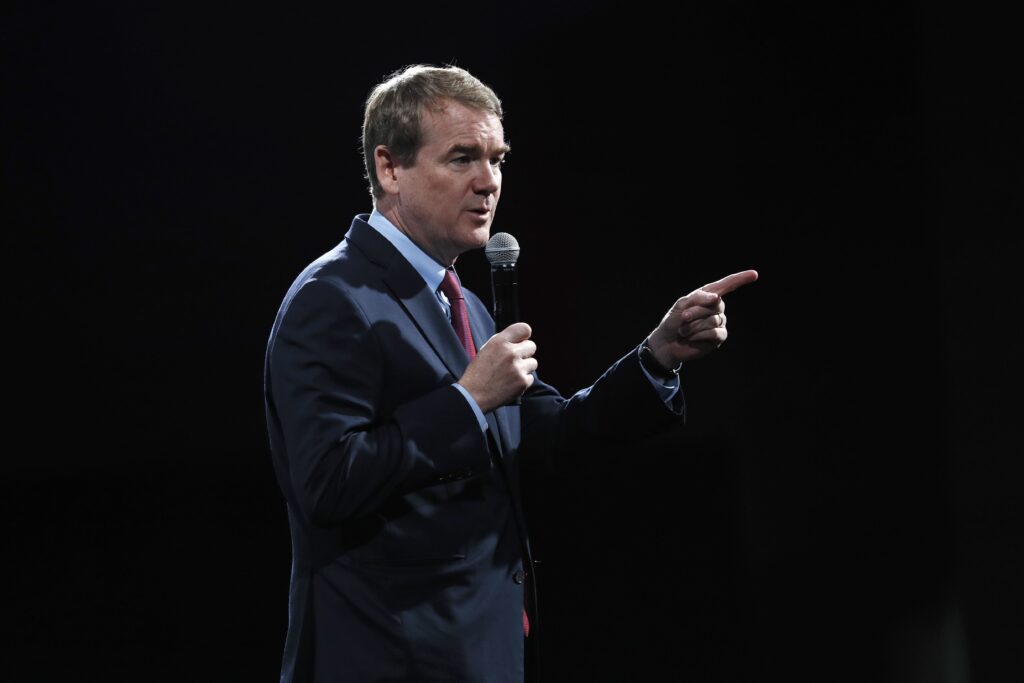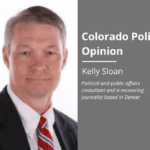Empty promises of transparency, sustainability from oil producers | NOONAN


Orphan oil-and-gas well statuses in Colorado are a moving target. Orphan well numbers grew from 982 in 2022 to more than 1,400 in 2024 based on our Energy Carbon Management Commission’s (ECMC) figures, with 649 in the pipeline for plugging.
Apparently, small operators, as predicted, are getting out of the drilling and operations business in the state and some are leaving a trail behind them. These issues are now highlighted due to a lawsuit brought by an Adams County couple. The suit asserts HRM Resources, with corporate residence in Delaware but some operations in Colorado, committed fraud in a complicated well purchase and transfer from Noble Energy, now Chevron, with HRM as the pass-through to Painted Pegasus Petroleum that declared bankruptcy in 2021, leaving behind 196 wells for us to clean up. Thank you very much.
Stay up to speed: Sign up for daily opinion in your inbox Monday-Friday
The HRM Resources webpage suggests the company would never engage in this type of switcheroo. The company has “expertise that creates value and leadership that builds trust.” Its business is built on “transparency,” “sustainability” and “collaborative business practices.” The lawsuit suggests HRM has an unusual definition of “collaborative business practices” if the alleged fraud is proven.
Roger Hutson, HRM CEO, says, “We believe that full transparency and constant communication is a smart way to do business.” According to the lawsuit, however, Painted Pegasus was a “shell company” to whom HRM pushed “millions of dollars of oil and gas asset retirement obligations.” Based on the reporting on our Adams County couple’s experience, constant communication gave way to a silent stiff arm to the solar plexus.
In the ECMC’s hearings on its oil and gas orphan well program in 2022, after a multi-year delay from the passing of SB19-181 but before the number of wells reached more than 1,400 and climbing, there was much argument as to how much money energy producers needed to bond up to protect the taxpaying public from this very problem. It was clear at the time the former Colorado Oil and Gas Conservation Commission’s estimates of orphan well plugging costs were woefully inadequate at about $8,500 per well. Back in 2022, well plugging costs were at least $75,000 a well. Costs of plugging orphan wells in Los Angeles at the time ran up to $250,000 depending on necessary remediation.
Clearly, the end-time of wells is expensive and inconvenient for energy producers who want to move on to the next big play.
According to the lawsuit, about 200 orphan wells are in the HRM-Painted Pegasus purview. That’s about $15 million out of someone’s bottom line. The someones are HRM, Painted Pegasus and us. The lawsuit says HRM’s conduct in September 2022 caused the “largest single operator orphaning and abandonment of oil and gas wells in Colorado history.”
This alleged orphaning and abandonment occurred just before new orphan well regulations and bonding requirements were written by our oil and gas regulators, now ECMC. Back then, operators claimed full bonding for estimated well closing costs would put them out of business. Is Painted Pegasus a precursor of that? Why would that company purposely buy roughly $15,000,000 in liabilities, one wonders? And why didn’t regulators understand what was going on at Painted Pegasus at the time they were engaging in orphan well rules-writing?
Rather than push oil and gas producers to put up the price to play in Colorado’s yard, our 2022 regulators, including two current members of the Orphan Wells Mitigation Enterprise Fund board, Julie Murphy and Jeff Robbins, cut some complicated deals on blanket bonds and per-well bonding. According to the oil and gas industry independent financial think-tank Carbon Tracker, our bonding requirements are now insufficient to cover future liability, as numerous critics of the rules at the time predicted.
Carbon Tracker produced a report, “False Start: How Colorado’s bonding rules failed to increase coverage” that documents our problems. ECMC stated in 2022 with the approval of new rules that the state now had “the strongest protections and oversight of oil and gas development in the country… and by far the highest financial assurance requirements.”
Carbon Tracker in an earlier article, “Feet to the Fire,” estimated our well plugging costs would range up to $7.2 billion, requiring $1.8 billion in bonding, and that the rules would short the need. In confirmation, its “False Start” report asserts Colorado will have $4 million less in financial assurance based on current rules than in 2021 with our old rules.
Adding to the problem is that our regulators gave companies 20 years to meet bonding requirements. Over time, ECMC says it will have $688 million in bonding, but that doesn’t quite come up to the $1.8 billion in today’s dollars necessary to cover Carbon Tracker’s estimate.
Carbon Tracker states bonding problems are “structural,” and further adds, “The rules fail to address the system of transfers from ‘haves’ to ‘have nots.'” That kind of transfer is what’s alleged to have happened in the HRM to Painted Pegasus deal.
Right now the state can depend on President Joe Biden’s bipartisan infrastructure law to cover some of our costs, spreading the orphan well clean-up expense across the nation. The best outcome would be for companies like HRM to live up to their claims about “transparency,” “sustainability,” and “trust” and maybe add “we promise to pick up after ourselves” to their list of business virtues.
Paula Noonan owns Colorado Capitol Watch, the state’s premier legislature tracking platform.













